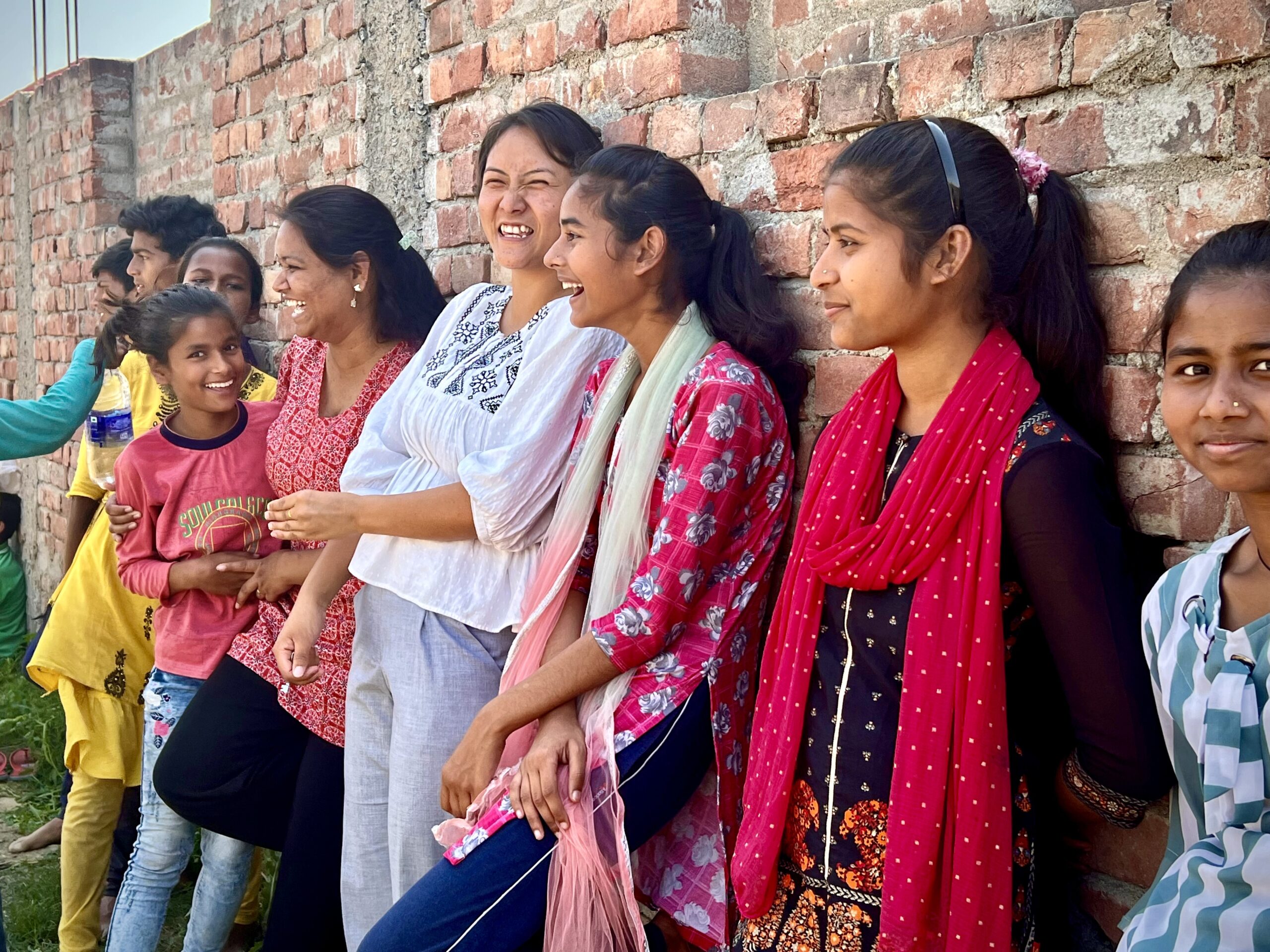Gender Equity
Evening the scales for the girl child in a patriarchal society is hugely transformative. At Pokhrama Foundation we get girls away from homes and into school. Getting them away from homes into schools means getting them away from bone tiring household chores, and the highly likely future of early marriage and motherhood.
Women with secondary education could earn twice as much as those with no education says a world bank report from 2018. Girls with education don’t often marry young, they enjoy better personal health, incomes of their own, and likely more of a say in decisions that impact them. They have better lives and build better families around them. Getting girls into schools, nurturing their skills and confidence, and helping them grow into leaders is a key mission of the Pokhrama Foundation.

